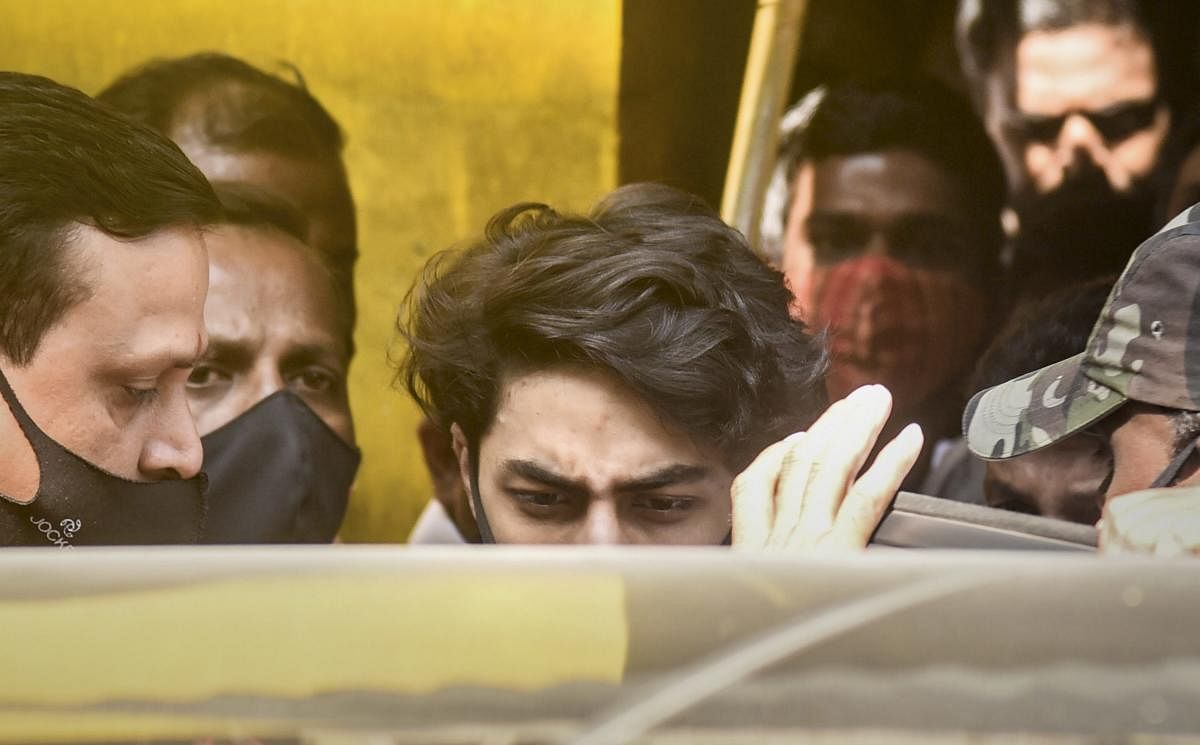
Bollywood actor Shah Rukh Khan’s son Aryan Khan is finally out on bail in a narcotics case. The bail comes after two rejections and a public outcry.
Advocate Sagar G Nahar, who practices at the High Court, answers bail-related questions.
Are some offences more easily bailable than others?
A majority of offences fall under the Indian Penal Code (IPC). Offences, where the imprisonment is two years or less, are instantly bailable. You don’t need to go to court — even the police can grant bail provided you execute a bond as required by the officer in charge. These can pertain to defamation, criminal breach of contract, etc.
You need to move the court for bail in IPC offences that threaten the public at large and attract imprisonment of over two years, such as killing by rash driving.
However, offences against Aryan Khan are governed by a special act like the Narcotic Drugs and Psychotropic Substances (NDPS) Act, 1985. So the bail process works differently.
What were the complications in his case?
Section 37 of the NDPS Act says all offences falling under its ambit are cognisable and non-bailable. Which means you have to apply for bail in court irrespective of the jail term, and you can’t be released unless a public prosecutor is given an opportunity to oppose your bail plea. If he were charged only with consumption, it would have been bailable and he would have to pay a fine of Rs 10,000 upon admission of guilt. But the offences invoked against him concern purchase, sale, possession and transport, as well as abetment and criminal conspiracy.
Has there been a significant delay in his bail approval?
No. Rarely have I seen an NDPS accused charged with similar offences come out of jail before six months. That’s because NDPS allows the police six months of time to investigate and file a chargesheet, because forensic tests can take time. The timeline is three months for IPC offences. Aryan could have got the bail earlier but his legal team made the wrong move of applying to a magistrate court first. For cases under special acts like the NDPS or UAPA, the anti-terror law, bail pleas are heard by a sessions court.
How many times can one apply for bail?
Not more than once at every stage of the case.
Is bail subject to judicial discretion?
The Supreme Court has often said, ‘Bail is a rule, jail is an exception’. That is, unless somebody has committed a crime that is punishable with death or life imprisonment, like rape or murder, or if letting a person back into society is dangerous, judges should grant bail, after investigation.
‘Don’t give phone password to cops’
The investigating officers can’t force an accused to unlock the phone and show social media chats as “it’s an infringement of privacy”, says advocate Sagar G Nahar.
A special NDPS court had rejected Aryan Khan’s bail plea, ruling that incriminating messages like ‘bulk quantity’ were found on his WhatsApp.
In case the police forces an accused for a password, you can say you have forgotten it, he advises.
“Do not share the password even if they trouble you,” he says, adding it is the job of the cybercrime or forensics team to unlock the contents of the phone.
Article 20 of the Constitution of India purports that the accused can’t be forced to testify against themselves, by being forced to reveal what is in their social media chats, he cites an example.